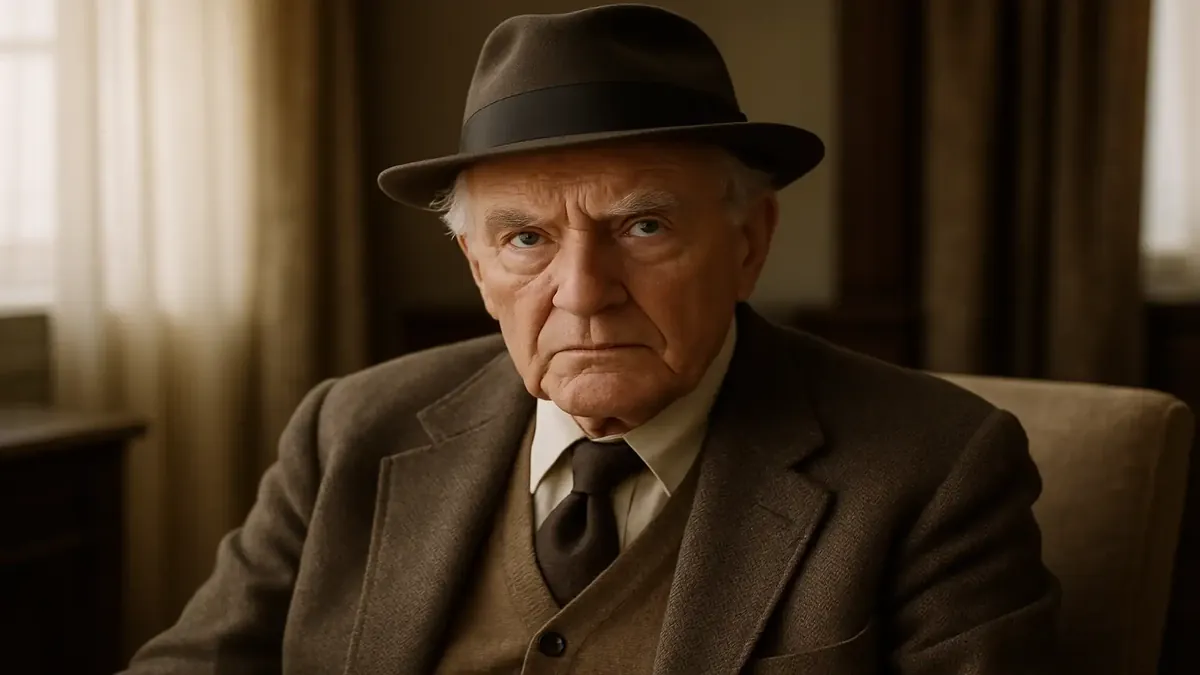When “Service With a Smile” Meets Psychic Demands: The Saga of the Mind-Reading Front Desk

If you’ve ever worked in hospitality, you know the front desk is a wild crossroads of humanity: late-night arrivals, lost reservations, and requests that range from the mundane to the mystifying. But every so often, a guest comes along who believes your customer service skills should include telepathy. Enter: the “Elder Gentleman” who expected the front desk to read his mind—and then some.
This is the story of how a budget hotel’s heroic staff attempted to appease a guest whose needs were only rivaled by his inability to communicate them. Spoiler alert: empathy can only take you so far when the other person is convinced “service” means “mind reader.”
Let’s set the scene: The phone rings at the front desk, and on the other end is a hard-of-hearing man seeking a reservation. The front desk agent, u/CheckYoSelf8224, is practically shouting to be heard—already above and beyond standard protocol. The price isn’t to the caller’s liking, so out comes the military service card. Not only is he already getting the veterans’ discount, but the agent caves and offers the even lower active duty rate. A win for the guest, right? Think again.
Fast forward to check-in. Our “gentleman” arrives, walker in tow, radiating the warmth of a January blizzard. He requests a room close to the lobby, and, ever empathetic, the staff offers a ground floor room just steps away. But wait—he also demands help with his bags. This is a budget hotel, not the Ritz, but the staff bends over backward to find someone for him. When help isn’t instantaneous, he grumbles and carts his own luggage, simmering with indignation.
Moments later, despite being only the second door from the lobby, the room is “too far.” The guest’s wrath intensifies. It takes the general manager—herself with mobility challenges—to deescalate. They swap him to a room across from the elevator, marginally closer, but you get the sense no distance would’ve sufficed unless someone carried him over the threshold.
But wait, there’s more! The next day, our hero is discovered berating a housekeeper for speaking Spanish. The GM steps in again, cools tempers, and issues a stern warning about respect and behavior. Yet, the saga continues.
Checkout day arrives. The guest requests a luggage cart to his room. Staff delivers the cart, but—plot twist!—he wanted them to load it for him, a detail only apparent in his mind. When no one appears to do the psychic heavy lifting, he erupts, racing (well, hobbling) past the desk to the back office, only to be foiled by a locked door. Apologies fly, but he’s too busy marinating in his own outrage to hear them.
In a final act of mercy (and self-preservation), the GM, 500 miles away at a medical appointment, phones in to offer a refund and deliver the ultimate hospitality burn: he’s officially banned. Unfazed, the guest tries to justify his tantrums to the desk agent, only to be reminded that “My parents would never be as rude as you.”
His parting shot? “I’ll never come back here again.”
Front desk’s zinger: “If I ever see you again, it will be too soon.”
The Takeaway: Hospitality Is Not ESP
This tale is a masterclass in the limits of customer service. No amount of empathy, discounts, or room shuffles can satisfy someone whose requests are both unreasonable and unspoken. It’s a reminder for guests everywhere: Your front desk staff are many things—problem solvers, therapists, occasional miracle workers—but they can’t read your mind.
It’s also a salute to the unsung heroes of hospitality who, day after day, juggle requests, complaints, and curveballs with grace, patience, and (when necessary) just the right amount of sass. If you’re ever tempted to test the patience of a hotel employee, remember: clear communication beats psychic expectation every time.
Have you ever encountered a guest—or customer—who expected mind reading? Share your stories in the comments! And if you’re a hospitality worker with a wild tale, we want to hear from you. Give a virtual tip of the hat to the front desk warriors who survive another day on the frontline.
Original Reddit Post: Elder 'Gentleman' Expects Us to Read His Mind